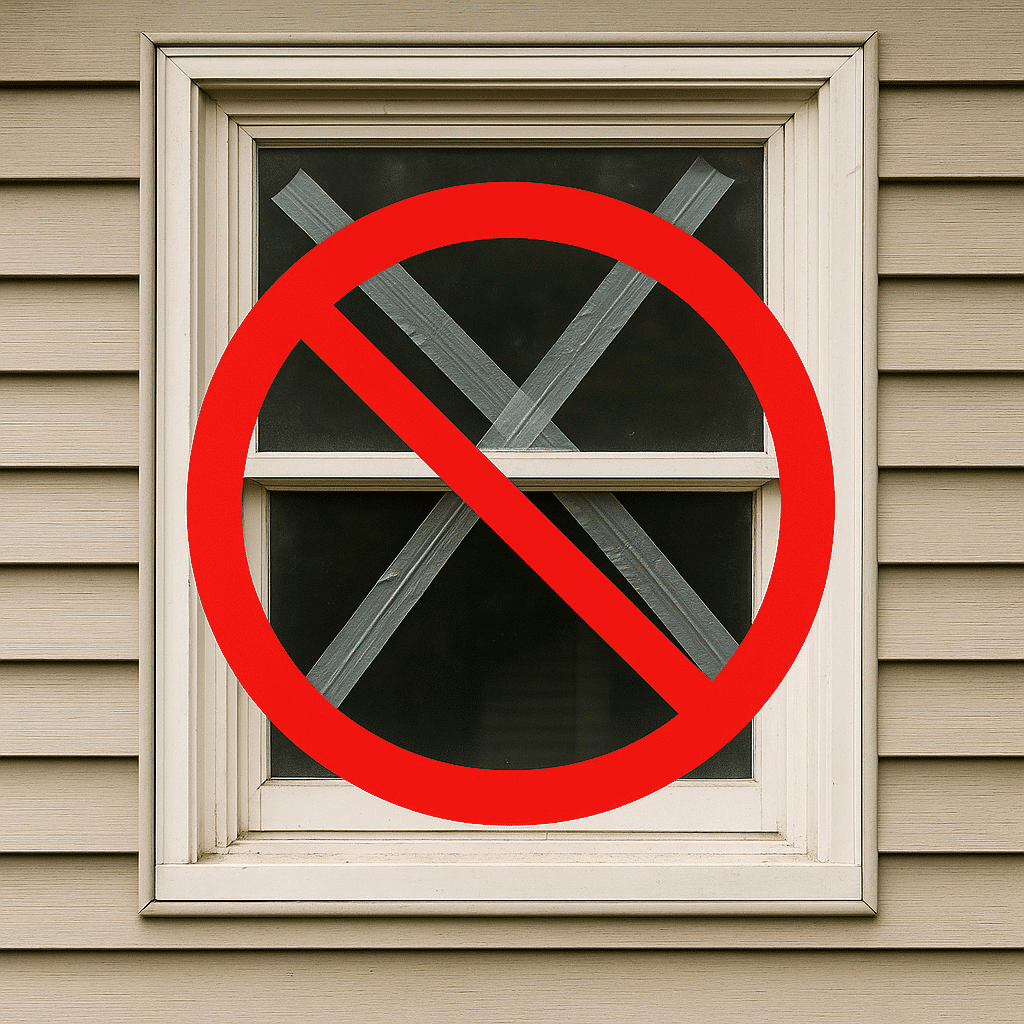
Installing new windows in your home is an easy process with the right contracting company. But, understanding the documentation that comes with those windows isn’t so simple. Turns out window warranties can be quite complicated. Let’s clear things up a bit.
Who Offers the Warranty Coverage?
This is an important distinction to make as it can impact who you work with when repairing a damaged or defective window. There are two types of warranties that are typically covered:
Manufacturer’s Warranties
Most manufacturers will offer a replacement or repair warranty with their products. These warranties usually cover defects or damage to the product itself, such as window hardware breaking within 1 to 2 years. Depending on the manufacturer, you might be required to work with a contractor who is certified to repair their products.
Contractor Warranties
The contractor you hire to install windows may also offer a workmanship warranty. If the product was installed improperly your contractor will cover the costs of replacing it. Workmanship warranties can also provide coverage on the labor costs for repairs to a defective product. Most last one year but may be available for longer.
Elements of a Window Warranty
It’s also important to know the ins and outs of what a window warranty may cover. Here are some common things to be aware of when you review your new window’s warranty coverage:
-
Labor Coverage: As mentioned above, many manufacturer’s warranties cover replacement windows, but might not offer to pay for the labor involved. There are also a lot of “lifetime” warranties, but they only offer labor coverage for a limited period.
-
Transferable Warranties: Some window contractors and manufacturers will also offer a transferable lifetime warranty that provides warranty coverage to the next homeowner too. This is great for property flippers or homeowners who are fixing up their homes to put on the market.
-
Glass Breakage Coverage: Window companies may also offer additional warranty coverage for window breakage. This can be especially helpful if you live in an area prone to storms as it can cost a couple hundred dollars minimum just to replace the broken glass in an insulated glass window.
-
Hardware & Moving Parts: Check the warranty closely for hardware and moving parts coverage if you like to open your windows often. Certain brands will cover the hardware, balances, and all moving parts for as long as you own the home, while some limit that coverage to just a few years. The longer you own your home, the more likely it is the hardware will wear out, so it’s an important distinction to make.
-
Screen Replacement Coverage: Many window warranties exclude the window screens. It may not be expensive to replace the window screen, but the frames tend to be proprietary so you might have trouble getting one that fits later on.
-
Coastal Coverage: Last, but not least, if you live near a body of water, your window warranty might not provide full coverage. Some window manufacturer’s will only provide full coverage for a limited period or partial coverage that excludes the finish if you live within one to two miles of a coastline.
Learn More About Our Window Warranties at FHIA
Still searching for a ‘good window company near me?’ If you are interested in replacing your windows and want to know more about our warranty coverage, reach out to FHIA. We can set up a free consultation with an expert to discuss our lifetime transferable warranties and preferred window brands.
Give us a call or fill out our online form right away. We’ll also be happy to provide a free quote for window replacement anytime.
70% off Installation
18 months no interest no payments




